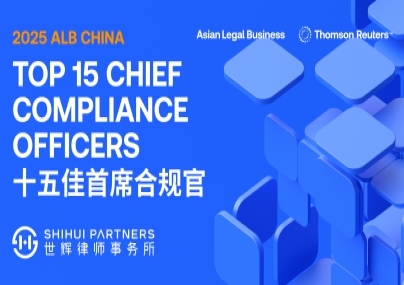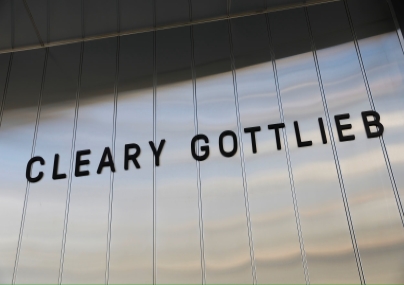China's top prosecuting body said on Tuesday that whistleblowers who expose corruption and other wrongdoing would receive legal protection against reprisals.
President Xi Jinping has made fighting graft a central theme of his administration, warning that the problem was so severe it could threaten the survival of the ruling Communist Party.
The party is keen to harness the power of the Internet in the fight, although it has been hampered by public suspicion that complaints will be ignored, and also by arrests of and even attacks on online whistleblowers.
A statement on the website of the Supreme People's Procuratorate said it was clarifying the rights of whistleblowers for the first time through new regulations.
"The 'regulations governing the work of whistleblowers' require that when the prosecutor's office receives a whistleblowing report from someone giving their real name, it has to assess the risks from the whistleblowing and develop whistleblower protection plans when necessary to prevent and end acts of retaliation against the whistleblowers," the statement said.
The prosecutor also promised to respond quickly to such reports.
Last year, the party's anti-corruption watchdog, the Central Commission for Discipline Inspection, set up a new website for whistleblowers.
The government had previously set up a website in 2009 specifically for the reporting of corruption. Authorities have investigated some online accusations and jailed several low-level officials.
It is unclear how many tips the site has received in recent months. From 2008 to 2012 the commission said it received 301,000 whistleblowing reports online.
Still, Beijing does not give legal protection to people who make allegations outside government channels, by using the Twitter-like Weibo service, for example, or even in the mainstream media.
In mid-October, a Chinese investigative journalist who wrote reports critical of a state-controlled construction equipment maker was sentenced to prison after being found guilty of defamation and bribery.


